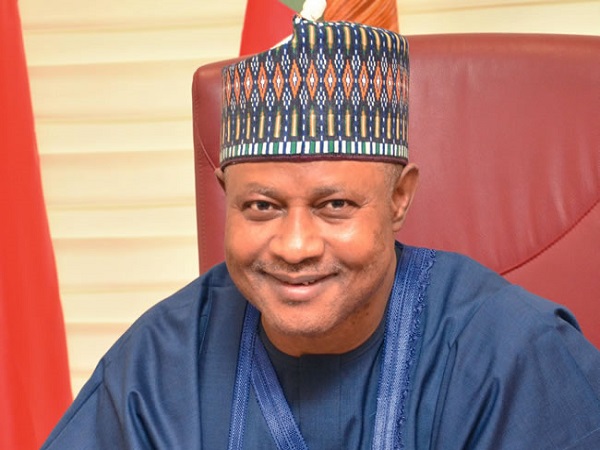Gov Sani: Tinubu Assumed Office in Nigeria’s Most Difficult Time in History
CHIGOZIE AMADI
Kaduna State Governor, Uba Sani, has stated that President Bola Tinubu assumed power at a trying time in the nation’s history by inheriting an economy on the brink of collapse.
He stated this at the 48th edition of the National Council on Information and National Orientation, which was held in Kaduna.
Senator Sani said the president should be supported for his unenviable task of introducing and implementing far-reaching measures to prevent the economy from imploding.
This is just as the National Council on Information and National Orientation has tabled a proposal asking the federal government to reopen the Nigeria Information Service Centres in 13 countries with four regional/zonal headquarters within these centres.
Sani appealed for patience, saying with the global economic meltdown, coupled with years of mismanagement in the country, fixing the economy requires sustained re-engineering.
“That is why Mr. President has come up with innovative and creative solutions to reinvent the economy and put our nation irreversibly on the path to sustainable growth and development. Although some of the measures have been painful, they are being implemented with good intentions, for the greater good of the Nigerian people. As a father of the nation, President Tinubu has continued to renew our hope in the possibilities of the Nigerian nation,” Sani said.
He tasked the council to devise effective strategies to mobilise Nigerians for the rescue mission and frontally tackle the degeneration of moral values in the country.
The governor equally expressed grave concern about how those he described as fifth columnists whose interests were alien to democracy had been working assiduously to derail the country’s hard-won democracy.
Sani said: “They have been manipulating our people and creating disunity. They politicise virtually everything. They have been de-marketing our country and giving it a negative image in the international community. We must watch them closely and devise strategic communication strategies to counter their divisive and negative narratives”.
He urged the delegates to effectively communicate the President’s reform agenda to the Nigerian people and reaffirm his commitment to promoting transparency, accountability, and citizen participation in governance through effective public information management.
Also, the Minister of Information and National Orientation, Mohammed Idris has appealed to sub-nationals considering dissolution or downgrading of their ministries of information to have a rethink.
He described ministries of information as key drivers of public engagement, national orientation and societal cohesion.
He likened the state ministries of information as the bridge between government policies and the citizens, thereby fostering transparency, accountability, and trust, which are essential pillars of any thriving democracy.
Also, the Chairman Senate Committee on Information and National Orientation, Senator Emeka Eze, said 40 per cent of Nigerian citizens remained underserved by reliable information channels, thus creating an information gap that hinders inclusive governance.
In a communique issued at the end of the meeting, the Council advanced the case for reopening of the shutdown of Nigeria Information Service Centres for reputation management as well as engendering a positive image for the country globally.
It also charged the government to strengthen the Nigeria Press Council for effective print media regulation in the country and revitalise the completion of construction of the Federal Government Printing Press (FGP), Abuja, thereby ensuring its statutory duty of printing and publishing official and confidential documents of government and its agencies.
It equally proposed that there should be in place a security framework in the form of insurance for media practitioners operating in insecure areas across Nigeria, in line with global best practices.
In order to avoid the misuse of Artificial Intelligence, the communique called on the government to regulate AI use in the country in line with global best practices.
























